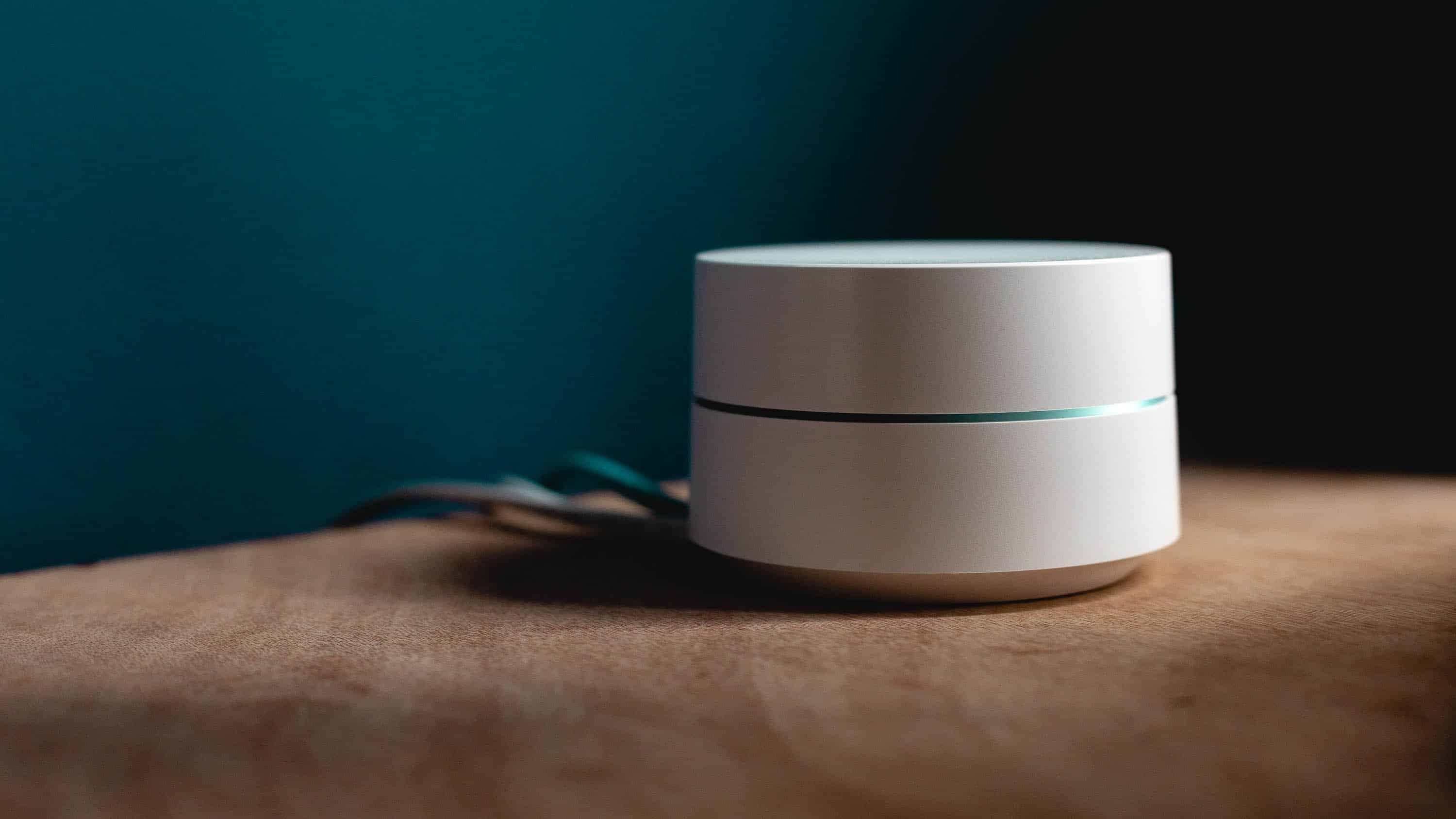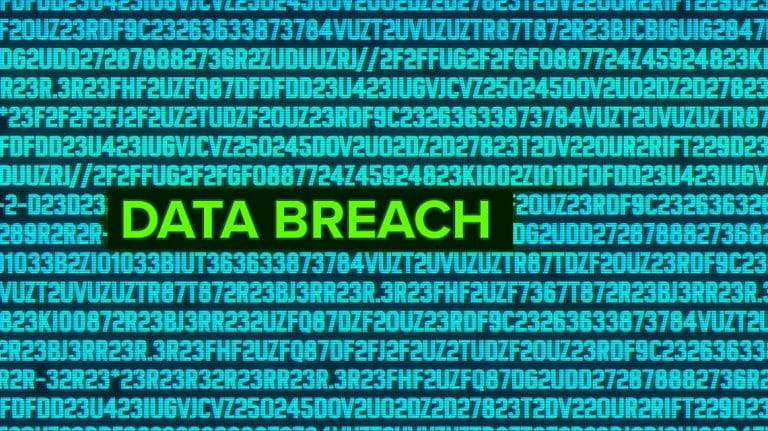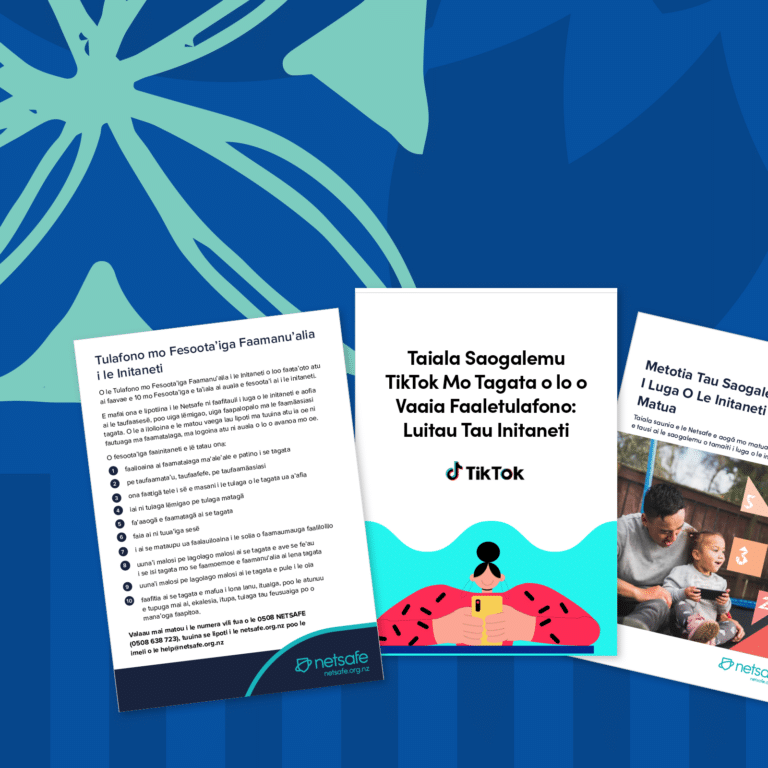Smart home safety
More people are using devices and the internet every day to make life more convenient especially at home. If you’re introducing devices to your home to make it ‘smart’, take the time to understand the features it offers and what you can do to stay safe. What is a smart home A smart home is a house…

More people are using devices and the internet every day to make life more convenient especially at home. If you’re introducing devices to your home to make it ‘smart’, take the time to understand the features it offers and what you can do to stay safe.
What is a smart home
A smart home is a house that has appliances, lighting and/or electronic devices connected to the internet and often an app. Smart home products such as Google Home, Amazon Alexa, smart lighting/entertainment/security systems may also operate in conjunction with other devices in the home and communicate information to other devices.
What are the risks of a smart home
Smart home devices, like smart plugs or lightbulbs, can be hacked as many of them are controlled using a central app.
Are these devices listening in all the time as some people say?
Yes. Smart devices that respond to voice commands are constantly listening for their wake word. However, the major players have confirmed they only capture and use the information provided after the wake word with all other recordings being discarded.
This means those services are not listing to your conversations, or providing services based on them. Whilst scepticism remains – as far as these claims can be verified, they have been found to be accurate.
How to stay safe
- Use unique passwords and two-factor authentication for all online accounts connected to a smart home device.
- Remember anything you say after a command prompt (such as‘Hey Siri’ or ‘Okay Google’) is recorded and logged by the service
- Restrict purchasing/payment permissions especially if there are children in the home. Accounts can be configured to require explicit authorisation or passcodes when payment is required.
- Turn off personalised results where possible to protect your personal data. Your information is collected to create a custom marketing profile, and this can be disabled/reset with most services.
- Routinely check bank statements and emails for payments and orders you never requested. The sooner you dispute a charge the more likely you are to stop a bogus order using your details.
- Consider turning off or muting your smart speaker/digital assistant when it is not in use.
- Keep your devices up to date. Devices will have new features added and system upgrades rolled out periodically. If you’re prompted for an update, it’s important to do that.
- Consider covering the camera in your smart device when not in use so people can’t see what’s happening inside your home.
How to get help
If you or someone you know needs help with online challenges, you contact us by emailing [email protected], texting ‘Netsafe’ to 4282, calling toll free on 0508 NETSAFE (0508 638 723) or making a report using our online form.
Our helpline is open seven days a week. If you’re concerned about the immediate safety of you or someone else, call 111.
KEEP UP TO DATE
Follow us on social media and sign up to our enewsletter for alerts, news and tips.







